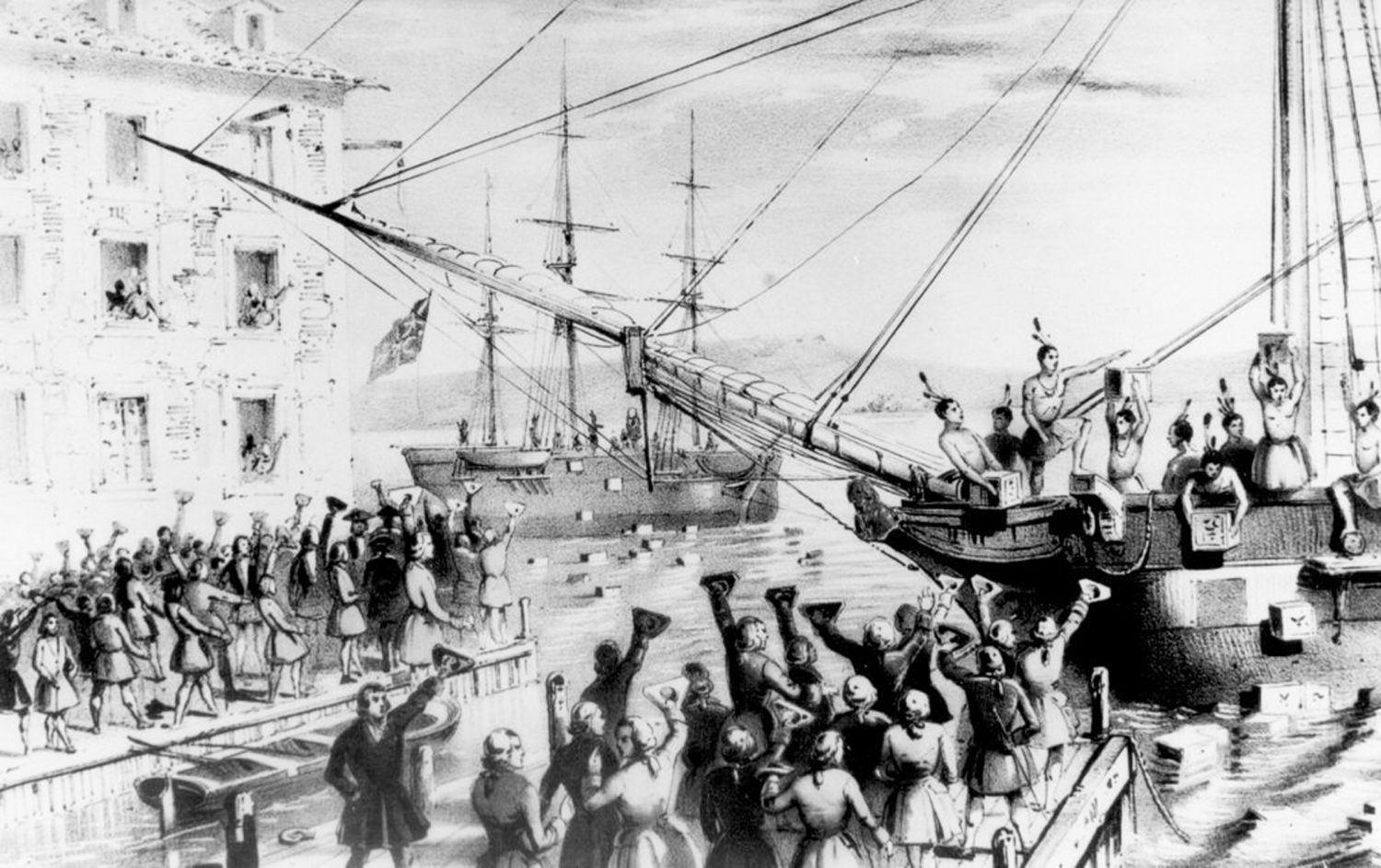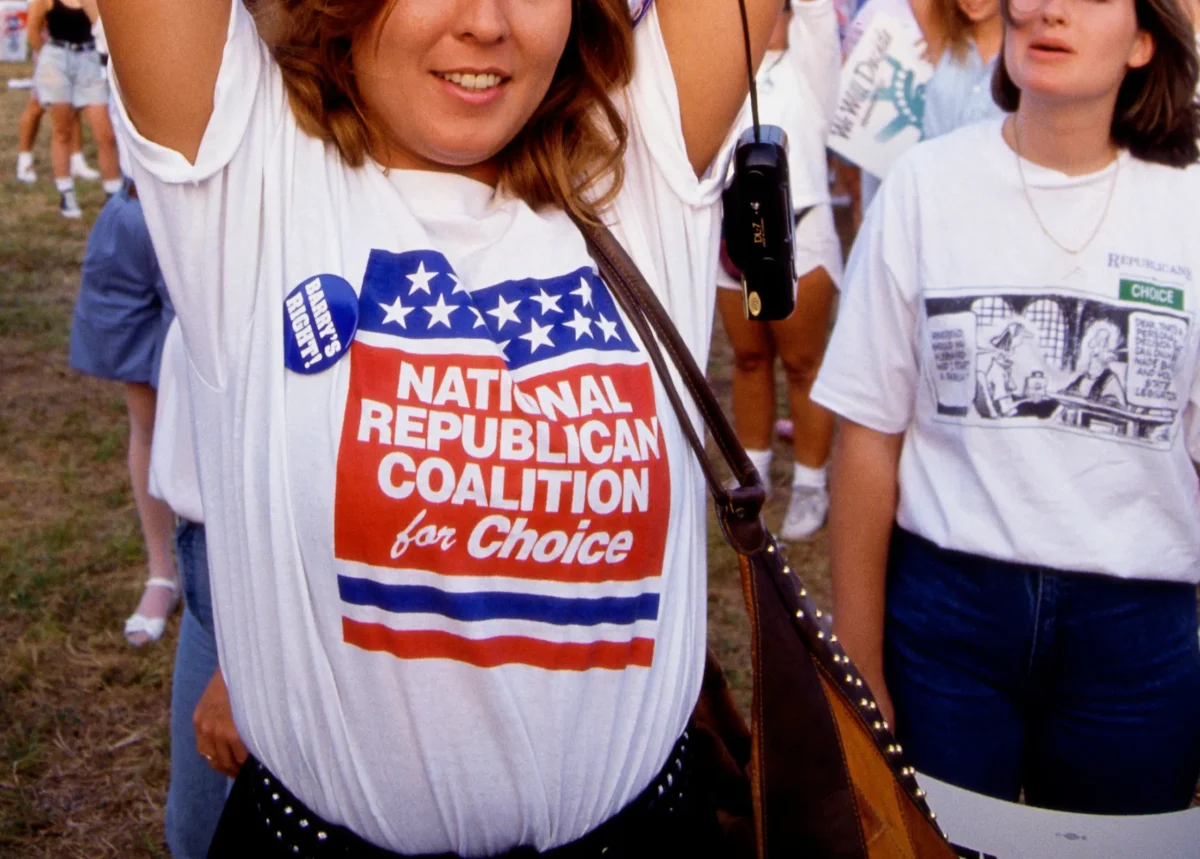National and international attention has been focused on St. Louis since Darren Wilson took the life of Michael Brown, Jr. on Aug. 9th, and we will never be the same. Word of this police killing spread like wildfire through the social media sphere, and, almost immediately, spontaneous protests began to occur. New activist organizations sprouted, leaders appeared, and the makings of a new, cohesive and motivated civil rights movement were set in motion.
Almost immediately after the first protests and actions began, some white Americans took to their social media pages and proceeded to systematically and willfully spit in the face of the new activists, and in doing so, the memory of the dozens of innocent African American and Hispanic people gunned down by police every year, the family of those victims and the community of Americans of color in general. We saw Americans calling other Americans animals, beasts, criminals and everything but, as my grandmother would say, “children of god.” Later, we saw several white Cardinals and Rams fans spitting on peaceful protesters. We saw conservative, white Americans, normally vehement defenders of individual liberties, freedoms and rights, including those of speech and expression, urging the deployment of National Guard units to Ferguson, with the purpose of suppressing the movement.
In short, we saw shameless hypocrisy. Where were these inflammatory comments a few months ago, at the Bundy Ranch, where armed men threatened the lives of federal law enforcement so that a rancher could continue breaking the law by grazing his animals on public land? Where were these indignant and angry conservative, white Americans in 2010, when the Tea Party was hanging President Obama in effigy? To many, protests held by white people, concerning white people, are more valid than the airing of grievances of people of color.
Protest, not always peaceful, has a long and proud history in our country. The United States was sole property and domain of King George III of the United Kingdom until “protesters” saw fit to make it otherwise. The American state as we know it today wasn’t given; it was taken. What about that Boston Tea Party we all learned about in middle school, where wealthy white merchants, farmers and plantation owners (Sons of Liberty?) took control of a British ship docked in Boston Harbor and proceeded to destroy millions of pounds’ sterling worth of His Majesty’s finest imported tea? What was that incident if not a protest, a protest that involved the destruction of property?
What would we call American colonists seizing royal tax collectors and proceed to dump hot tar and feathers over them, if not a disruptive, non-peaceful protest?
One thing that will become remarkably clear to a student of true, unadulterated history is that change, lasting change, changes in the system, changes that break the shackles of systematic and longstanding oppression, can only come from protest. Protest in the form of boycotts. Protest in the forms of marches. Protests in the form of die-ins, sit-ins and be-ins. Yes, your shopping will be disrupted. Yes, you won’t be able to get downtown as quick as you would like. Guess what? It’s worth it.
One of the chants of those of us who have raised our voices in protest since August is such: “If we don’t get it, shut it down.” This has been shouted (or implied) in America since 1773. The Boston Tea Party shut it down in 1773 because rich merchants were tired of paying taxes. The French workers and peasants shut it down in 1789 because they were tired of being slaves to the whims of an arrogant despot. The unions shut it down in the 1900s because they wanted to live off their labor with dignity and respect. Martin Luther King, Jr. and other elders of social justice shut it down in the 1950s and ‘60s, so that the Constitution written by that earlier band of rabble rousers applied to all.
We are at a turning point in history. When your children and grandchildren ask you, “Where were you?” will you know in your heart that you were one of the reactionaries who saw freedom of protest as a privilege for white, wealthy men that you agree with, and hang your head in shame? Or will you hold your head high and know in your heart that you did the right thing: that you refused to sit in silence, that you spoke out on behalf of Mike Brown, Vonderrit Myers and Tamir Rice, individuals who can no longer speak for themselves? Choose wisely.












Ale Vazquez • Dec 5, 2014 at 11:15 am
This needed to be said, thank you for saying it!